Help Your Child Read Nonfiction With These Comprehension Strategies
This post may contain affiliate links.
Help your child read nonfiction with these comprehension strategies…Encourage your children to select both fiction and nonfiction texts to read this summer. Since nonfiction reading is generally harder for most children than reading fiction, we can help our kids be more successful by teaching them specific comprehension strategies.
When I taught 4th and 5th grade, about 90% of kids tested at a nonfiction or expository reading level one grade level below their fiction or narrative reading level.
Often this is simply due to lack of practice as well as knowledge of strategies to improve understanding.
I’m telling you this for a few reasons.
First, I want to make sure you know that we must ask kids to read both nonfiction and fiction. Second, when you’re choosing reading materials, you might want to start with easier texts than for fiction. Especially when practicing strategies and building up confidence.
Practice makes progress. Keep kids reading nonfiction books and you’ll soon see comprehension improve, too. (And vocabulary and background knowledge about lots of things…)
Nonfiction (Expository) Comprehension Strategies
Here are some important things your child needs to know and practice when reading nonfiction text.
Word Attack Skills
When kids come across new words, they need to know how to read those words. You’ll want to be sure you’re teaching…
- prefixes and suffixes
- how to find smaller words in the word
- where to find the glossary
- phonemic awareness to sound out scientific words
Background Knowledge About Text Structure
Nonfiction usually looks different than fiction, with the exception of narrative nonfiction. Explicitly teach your children about…
- text features such as headings, captions, diagrams, and photos.
- how to find the most important information — usually in the first sentence of paragraphs
- what boldface words indicate (vocabulary or important)
Nonfiction Reading Comprehension Strategies:
Predict, Connect, Question, Determine Importance, Summarize, Synthesize
BEFORE:
- Allow your child to choose what topic to read about. Choice, whenever possible, builds buy-in.
- Make a prediction about the topic.
- Think about what background knowledge you already know about the topic.
- Ask questions about the topic. What do you want to learn?
DURING:
- See if your predictions were accurate. Revise and make new predictions when necessary.
- Look for answers to your questions.
- Determine what’s important. Help your child separate interesting details from important facts.
- Infer what new words mean then look up the new vocabulary words to see if you were right. Keep a list.
- Read nonfiction in short bursts. Build up stamina. Don’t overdo it.
- Connect what you read to your background knowledge. Discussion helps this! Did you already know that fact? Does it remind you of anything?
AFTER:
- Summarize the big idea of the book. What was it about? (In a few sentences.)
- Add this information to what you already knew about the topic — synthesize — and see if you can elaborate on what you now know.
- Reflect on your predictions. Were they accurate? Could you have done a more accurate job?
And Don’t Forget to Connect Writing Nonfiction to Authentic Nonfiction Text Examples
Often, we may ask children to write nonfiction reports but we don’t connect this to real nonfiction examples. (Actual published texts in the world.)
Use one of your child’s favorite texts as a model. Pick a similar topic and study the style of that favorite non-fiction book. Pick one or two writing skills to teach and use the mentor text to illustrate it.
Writers use models or mentor texts to become better writers and learn a new technique or style. It’s not only okay to use mentor texts, but it’s a valuable way to grow as a writer.
Now Find The Best Nonfiction Books for Your Kids
Find a nonfiction book, magazine, graphic novel, or encyclopedia here:
Short, Nonfiction Books for Reluctant, Struggling, and Wiggly Readers
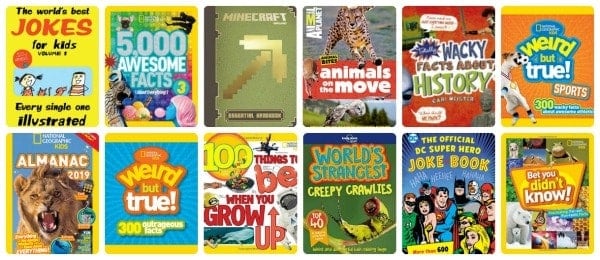
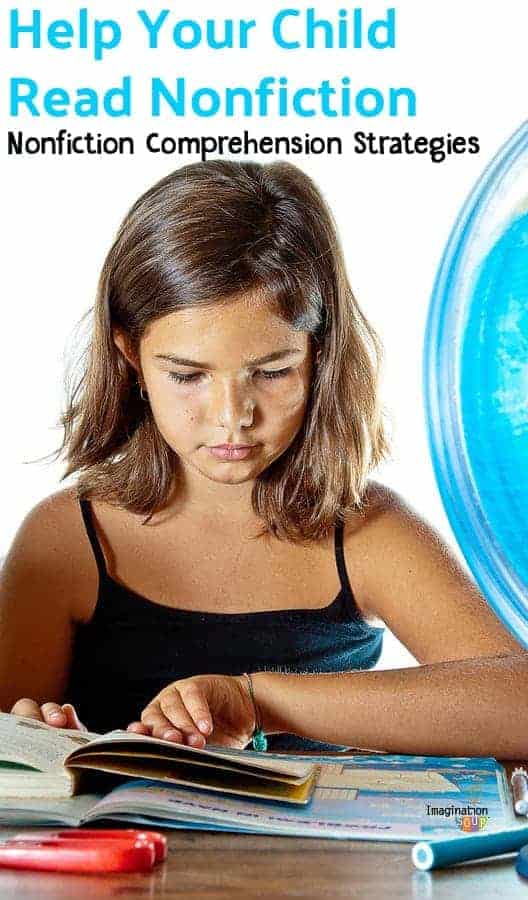
ALSO READ: Reading Comprehension Strategies



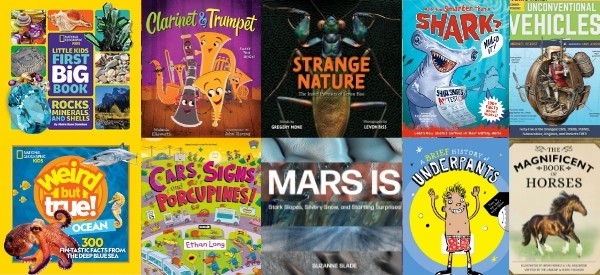
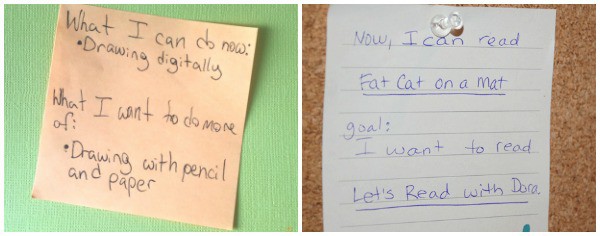
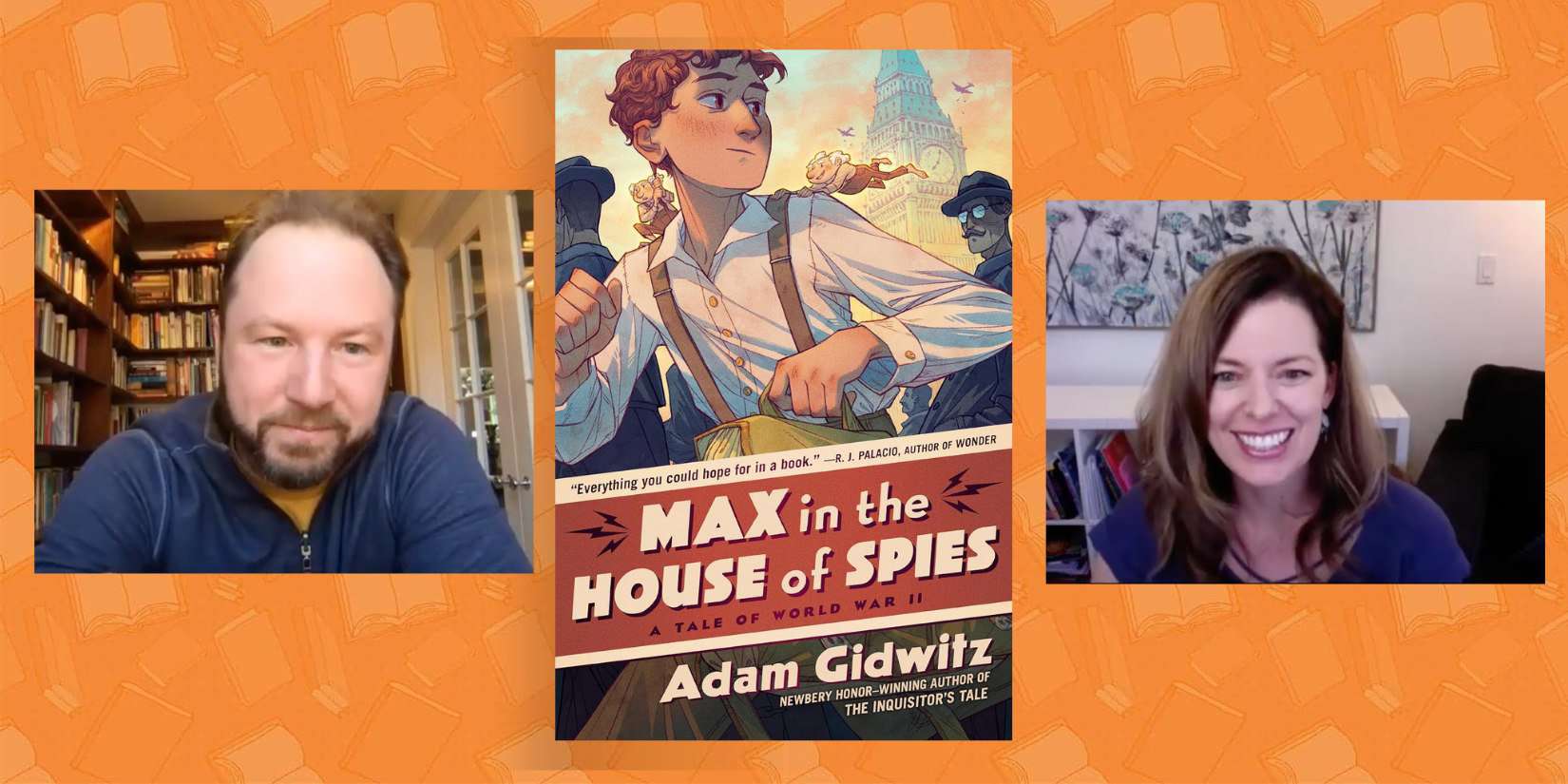
Please put a printable list in ALL of your sections. It is hard to shop from the description list.
I’ll work toward this goal. Thanks for the suggestion.
It’s helpful to know that part of helping my son read nonfiction more effectively would be letting him get practice reading by choosing the content. He’s interested in taking an AP World History course next semester and wants to be prepared, but he knows his comprehension on subjects that bore him is pretty low. Maybe getting practice over the summer would help him feel more confident.
Also, there’s a lot to be said with building up his background knowledge so he can connect information and it sticks! Any fiction books or even movies he can watch about world history would really help him when he’s reading the nonfiction text for his classes.